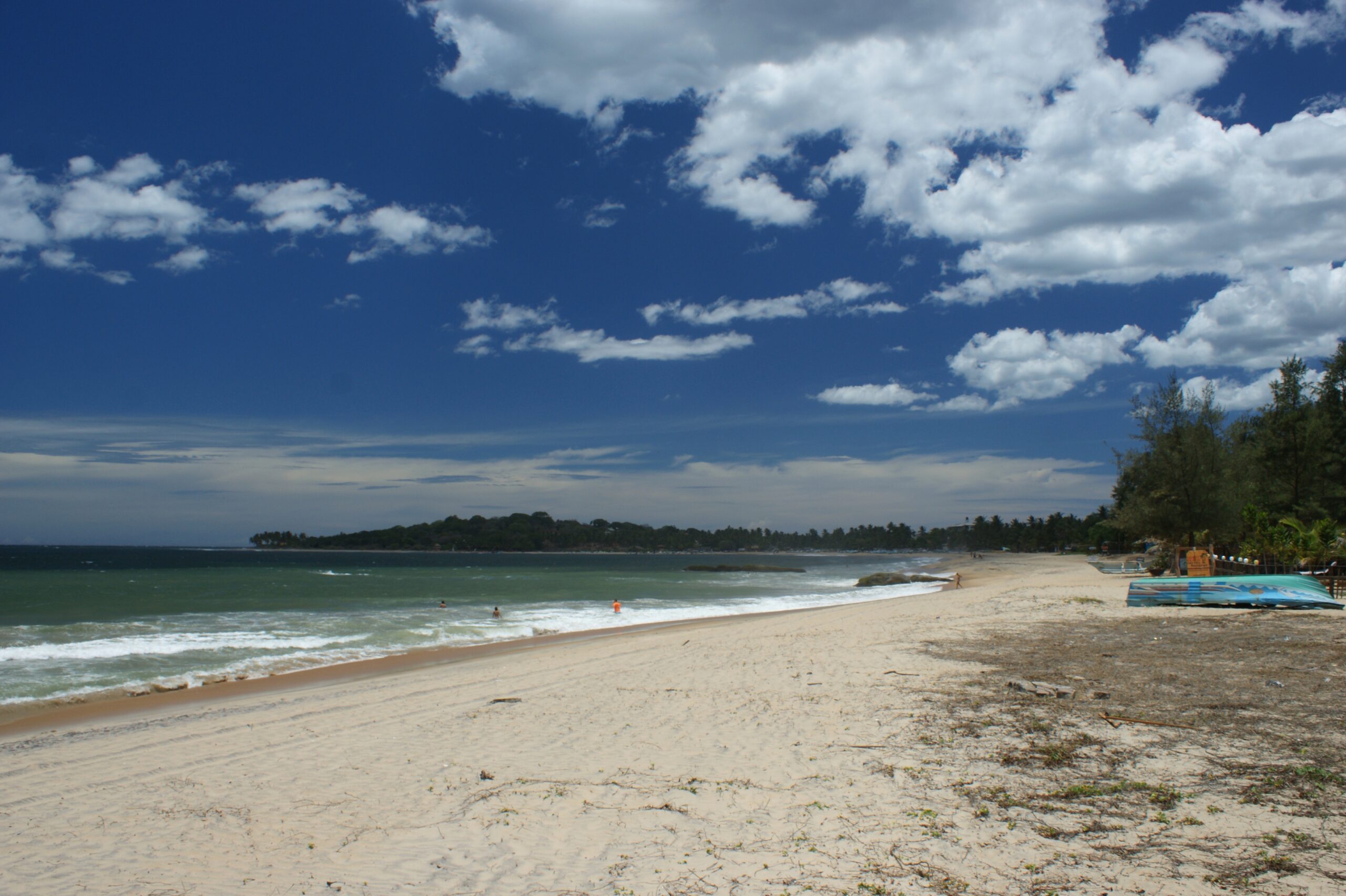
According to the Foreign Ministry, Sri Lanka is in negotiations with the International Seabed Authority (ISBA) and the United Nations Commission on the Limits of the Continental Shelf (UNCLCS) regarding cobalt-rich crust in the Bay of Bengal, where India has submitted a proposal opposing the island nation’s request.
In a statement, the Sri Lankan Foreign Ministry stated that on May 8, 2009, it submitted technical and scientific evidence together with other materials to the UNCLCS in order to determine the outer limits of the continental shelf, following thorough examination and expert opinion.
The Ministry stated that the papers were given in accordance with the United Nations Convention on the Law of the Sea (UNCLOS), which grants all coastal States the right to claim an expanded continental shelf beyond the 200 nautical mile Exclusive Economic Zone (EEZ).
Situated between Sri Lanka and India in the southern region of the Bay of Bengal is the cobalt-rich crust of the Afanasy Nikitin Seamount.
According to the Foreign Ministry, Sri Lanka submitted its application in accordance with the unique procedure outlined in the Statement of Understanding (SoU) for States in the southern portion of the Bay of Bengal.
In October 2016, the UN body established a Subcommittee to review Sri Lanka’s proposal, and there have been at least a few rounds of talks between the Subcommittee and the Sri Lankan delegation.
“The UNCLCS is yet to make recommendations with regard to Sri Lanka’s submission and at present consideration of Sri Lanka’s submission by the UNCLCS is on hold due to a request made by India to the UNCLCS regarding the area claimed by Sri Lanka,” the Foreign Ministry said.
“The way forward in this regard is being pursued through diplomatic channels.”
Over the next few years, cobalt will become more and more necessary for energy storage and electric cars.
In the upcoming ten to fifteen years, cobalt compounds will play a critical role in the rechargeable batteries that currently power hybrid and electric vehicles (EVs).
The need for cobalt in energy storage and electric vehicles is expected to rise in the upcoming years as the world gradually switches to renewable energy sources alongside EVs, according to experts.
INDIA’S REQUEST
In a document submitted to the UN body in October 2022, India has requested not to “consider and qualify” Sri Lanka’s request as such decision would “prejudice the rights of India”.
“The consideration and qualification by the Commission of the submission made by Sri Lanka would prejudice the rights of India over the parts of the continental shelf, as India has the right to make further submissions under the Statement of Understanding,” the Permanent Mission of India to the UN in New York said.
“Therefore, in accordance with….the Rules of Procedure of the Commission, the Government of India requests the Commission not to “consider and qualify” the submission made by Sri Lanka.”
According to the Foreign Ministry, India has applied to the Jamaica-based ISBA for approval of a plan to “explore cobalt-rich ferromanganese crusts located at the Afanasy Nikitin seamount.” This is a different development.
The body tasked with reviewing and approving these State applications is the ISBA.
“As the area of application for exploration of cobalt-rich ferromanganese crusts lies entirely within an area claimed by Sri Lanka under its continental shelf submission, Sri Lanka has brought these considerations to the attention of the ISBA and requested to withhold this matter, until final recommendations are made on Sri Lanka’s submission through the UNCLCS process,” the Ministry said.
“The ISBA is following applicable procedures in this regard and the matter is ongoing.”
The Ministry also said the recent speculations in the public domain related to claims that “ceding of Sri Lanka’s sovereign rights related to these matters is not based on the factual situation in this regard”.
After India aggressively objected to permitting Chinese research vessels, citing security concerns in the Indian Ocean, Sri Lanka barred foreign research vessels from entering the island nation’s waters in December 2023 for a period of one year.
According to a comment from Sri Lanka’s Foreign Minister Ali Sabry published in Japanese media this week, the embargo will be lifted starting in 2019. (Columbus/10 July 2024)
